Student's Take: Make a Difference in the Lives of Women and Children in Kolkata
By Benjamin Foo Wei Hong, Year 2, Vice-Chair for Project Kolkata
When one hears about Kolkata, it is somehow always associated with crime, vices and sex trafficking. Knowing the risks, why do medical students from Project Kolkata still go there every year?
In Kolkata, women do not enter the sex trade knowing that they are going to be involved in it. Misnomers such as “factory workers” and “house helpers” fool these women into joining the sex trade. All too often, for the sake of their livelihoods, they find it nearly impossible to leave this vicious cycle. Dispelling common misunderstandings that these women are in it by choice is one reason why Project Kolkata persistently continues its visits despite the risk involved.
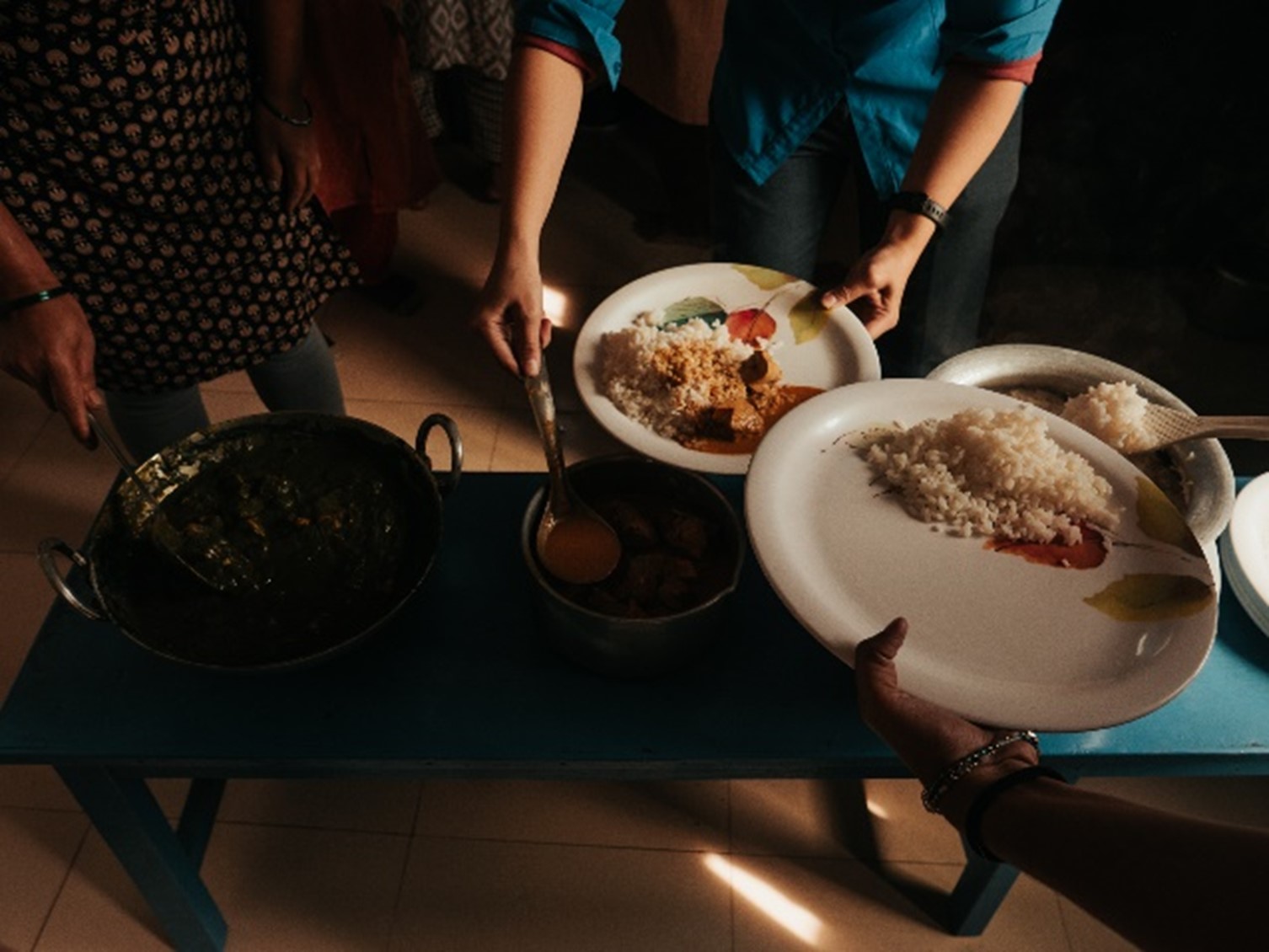
The women at TouchNature extending their hospitality to our team through homemade meals
The nongovernmental organisations (NGO) we worked with provide alternative forms of employment to women who have left the sex trade, such as handicrafts, handling of a small café, etc. The children of these women are also taken care of in homes, with didis (“elder sister” in Hindi, referring to older women taken care of by the NGO) cooking meals for them, sending them to school and playing with them. Given that some of the children’s mothers are either busy working in another city or have sadly lost contact with their children, the NGO homes provide motherly and nurturing environments for these children.
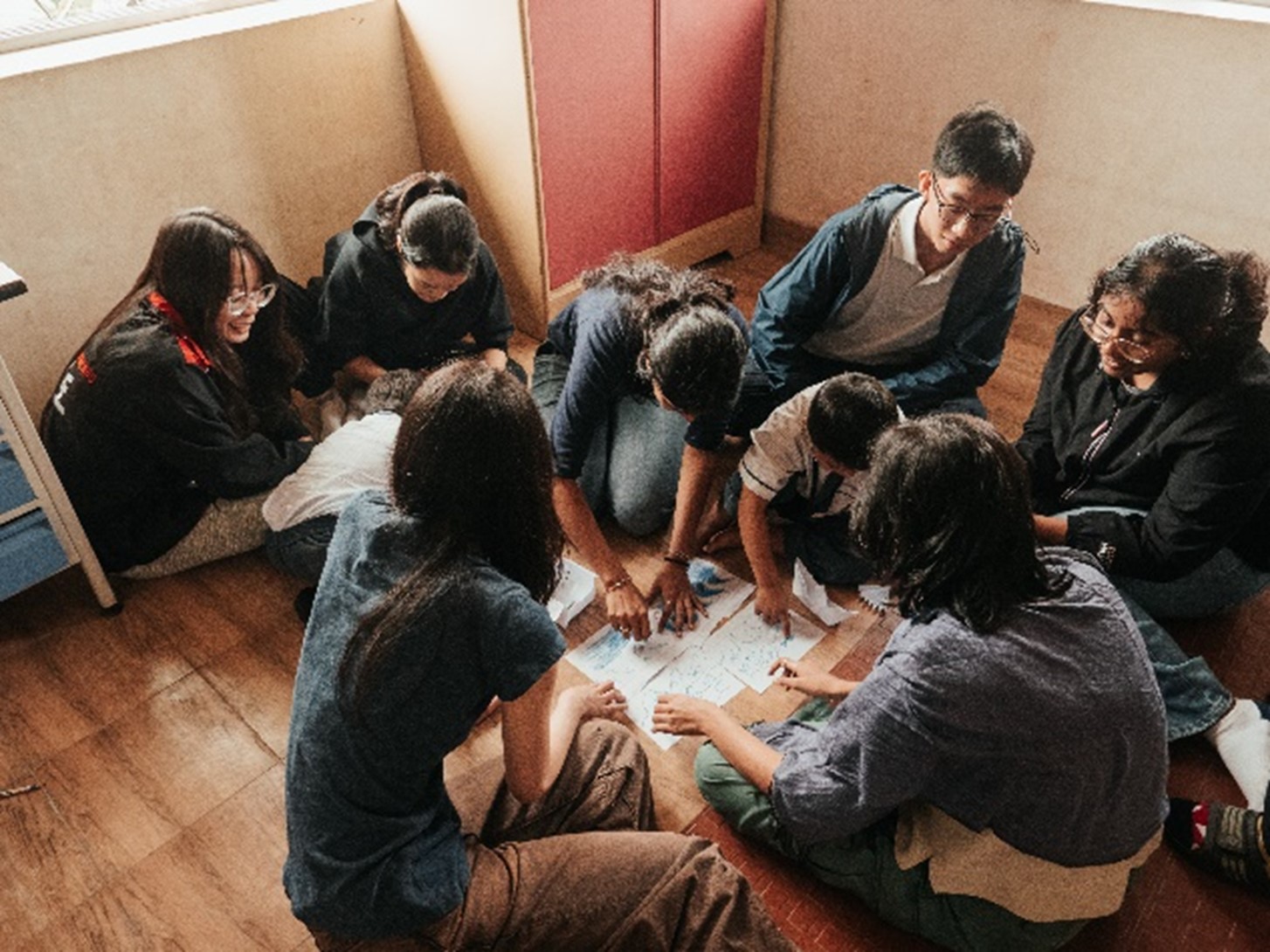
Touchnature kids and PK members playing together
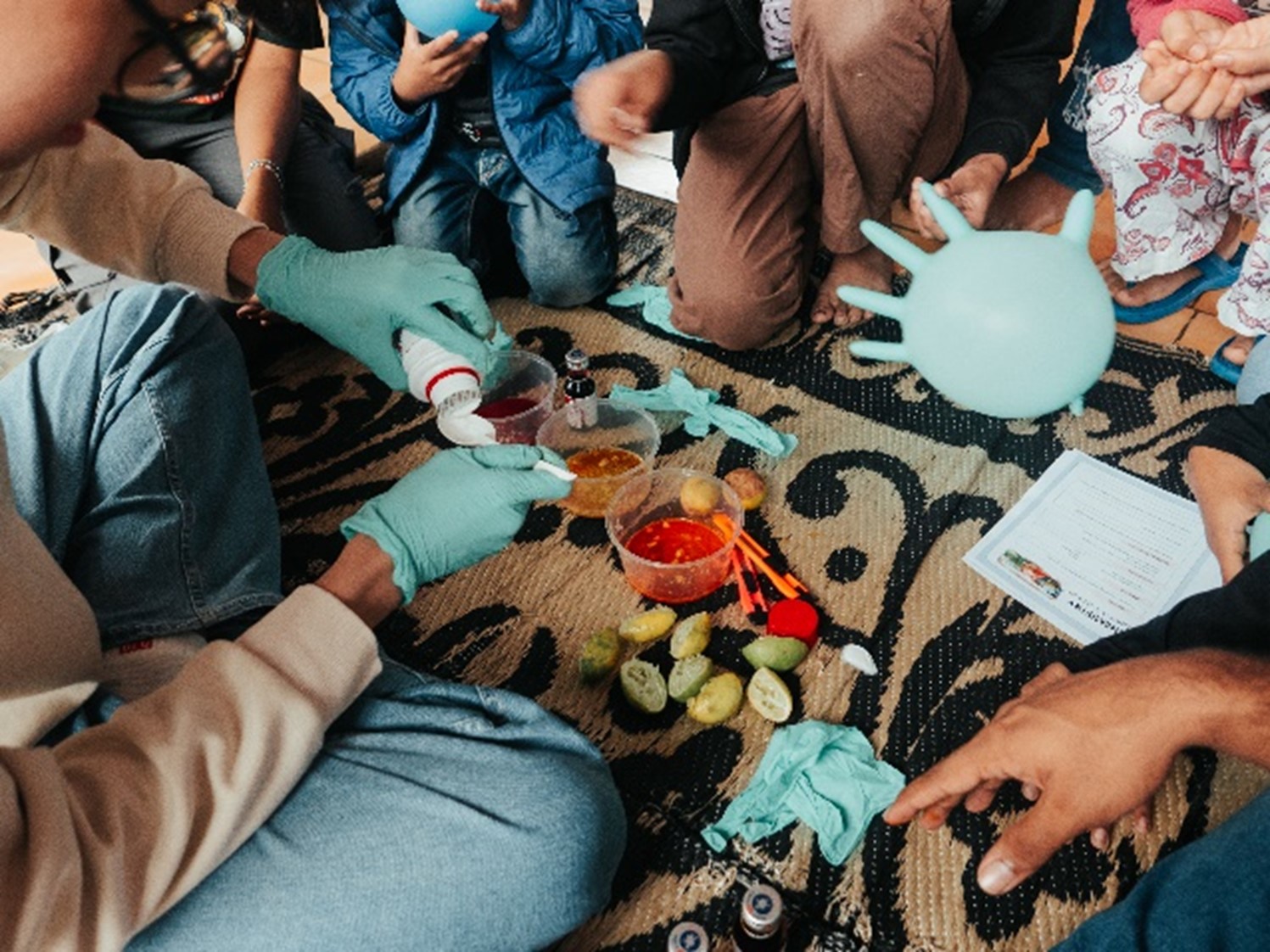
Little scientists at work!
At TouchNature, an NGO led by Ms Josephine Tan, we were eager to meet the children whom we previously only saw bi-weekly on Zoom for English tuition classes. Despite the winter winds, there was warmth in the air as we hugged the kids, savouring the physical reunion we craved after months of remote communication. We conducted health screenings and education lessons for the women of TouchNature, touching on pertinent topics such as mental health, first aid and sexual health. Together with Counsellor Ankhee (a local psychologist), we provided one-to-one counselling sessions with the women to learn how to regulate their emotions. The children were also engaged in a fun-filled Science camp, where we showed them the marvels of Science through simple experiments.
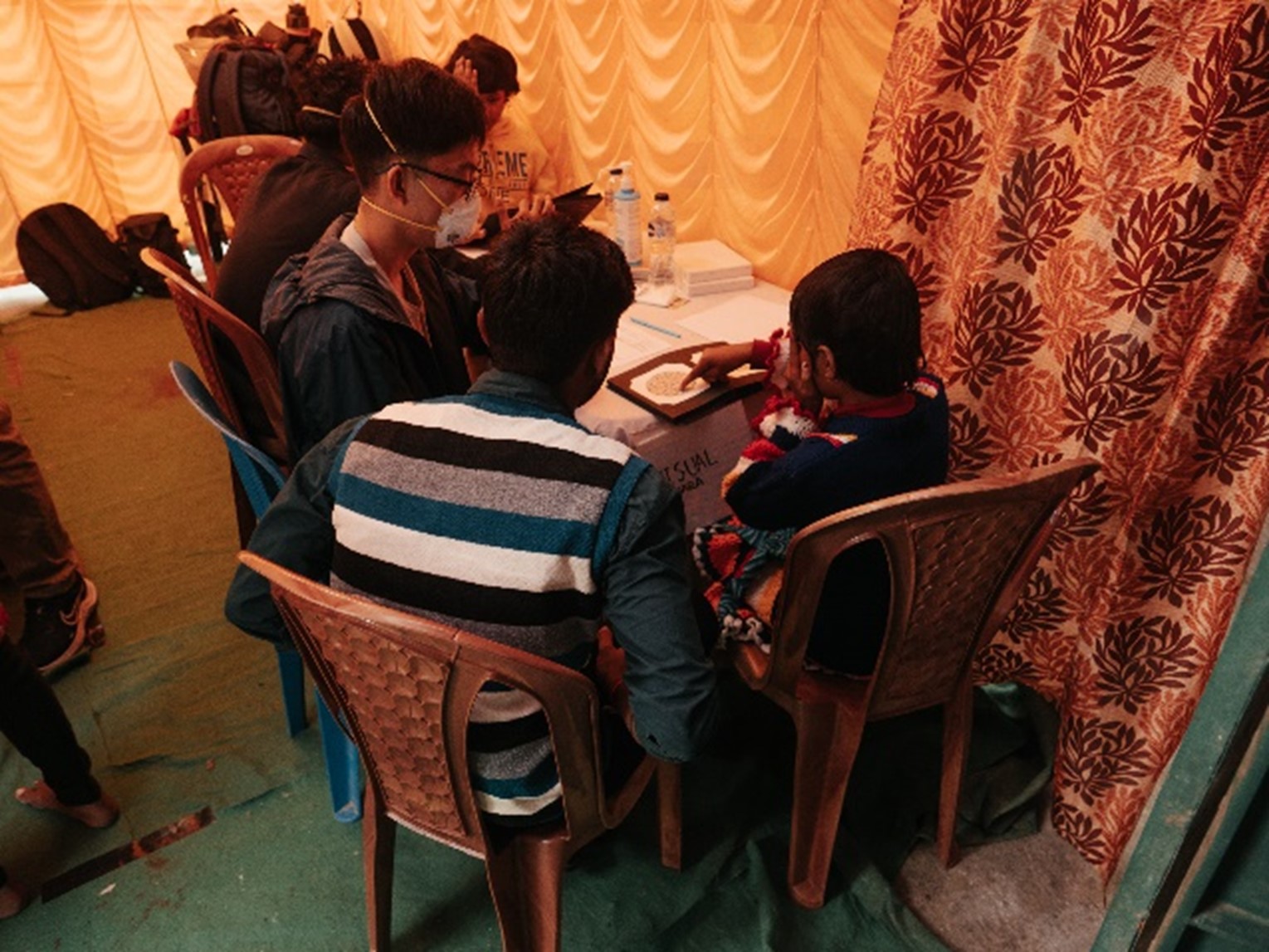
Conducting health screening for the women and children at Tollygunge Women in Need
We also visited Tollygunge Women in Need at their main branch and at the branch in Diamond Harbour, a two-hour drive from Kolkata. Through our health screenings, we discovered that short-sightedness and low blood iron were common issues the women faced. For the non-Hindi speakers, taking medical histories proved to be a challenge as we experimented with different hand signals and nonverbal cues to communicate with the women.
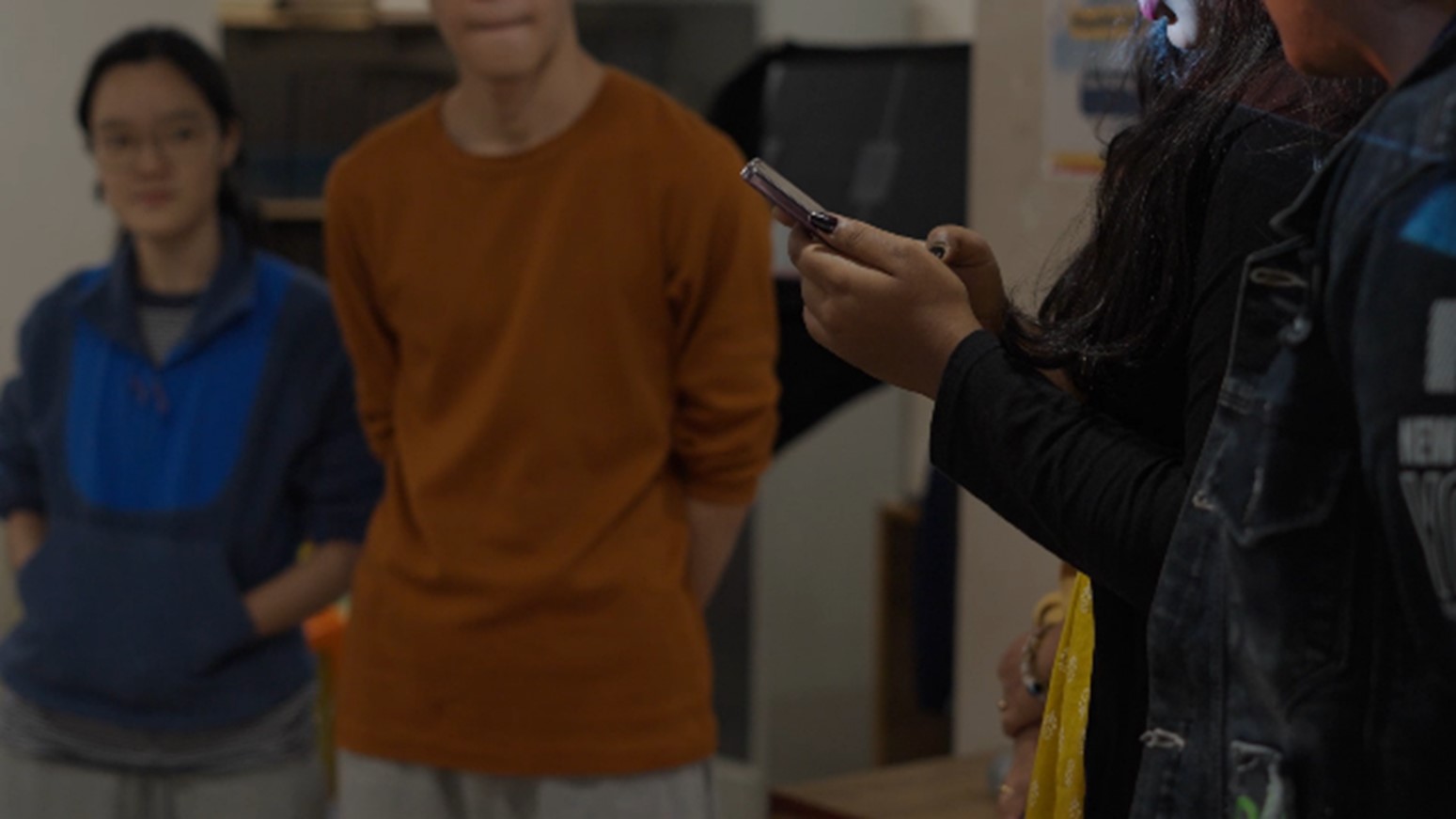
An Udayan Care student presents her poem envisioning a better India for young girls
At Udayan Care, we taught the girls how to create and interpret poetry, linking their experiences of being a woman in India to their interpretation of I’ll Rise, a poem by Maya Angelou. Centered around the theme of “A Better India For Your Daughters”, we facilitated group discussions between the girls on aspects of India they wished could be improved. There was not a single dry eye in the room when one of the girls shared, “I envision an India where I can walk home safely, where girls can walk freely and boys learn to see us for who we are: humans.”
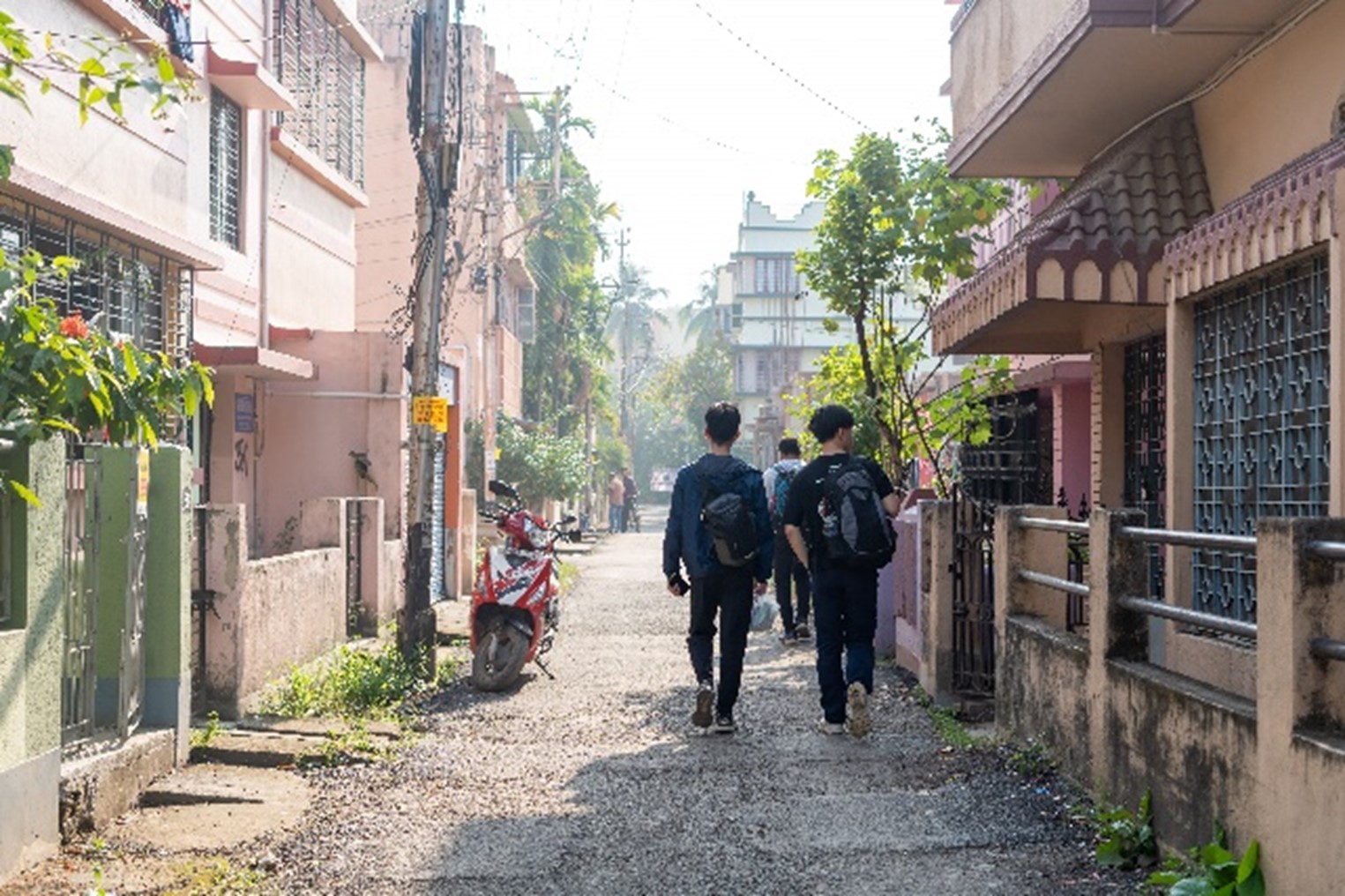 The start of our last day with TouchNature
The start of our last day with TouchNature
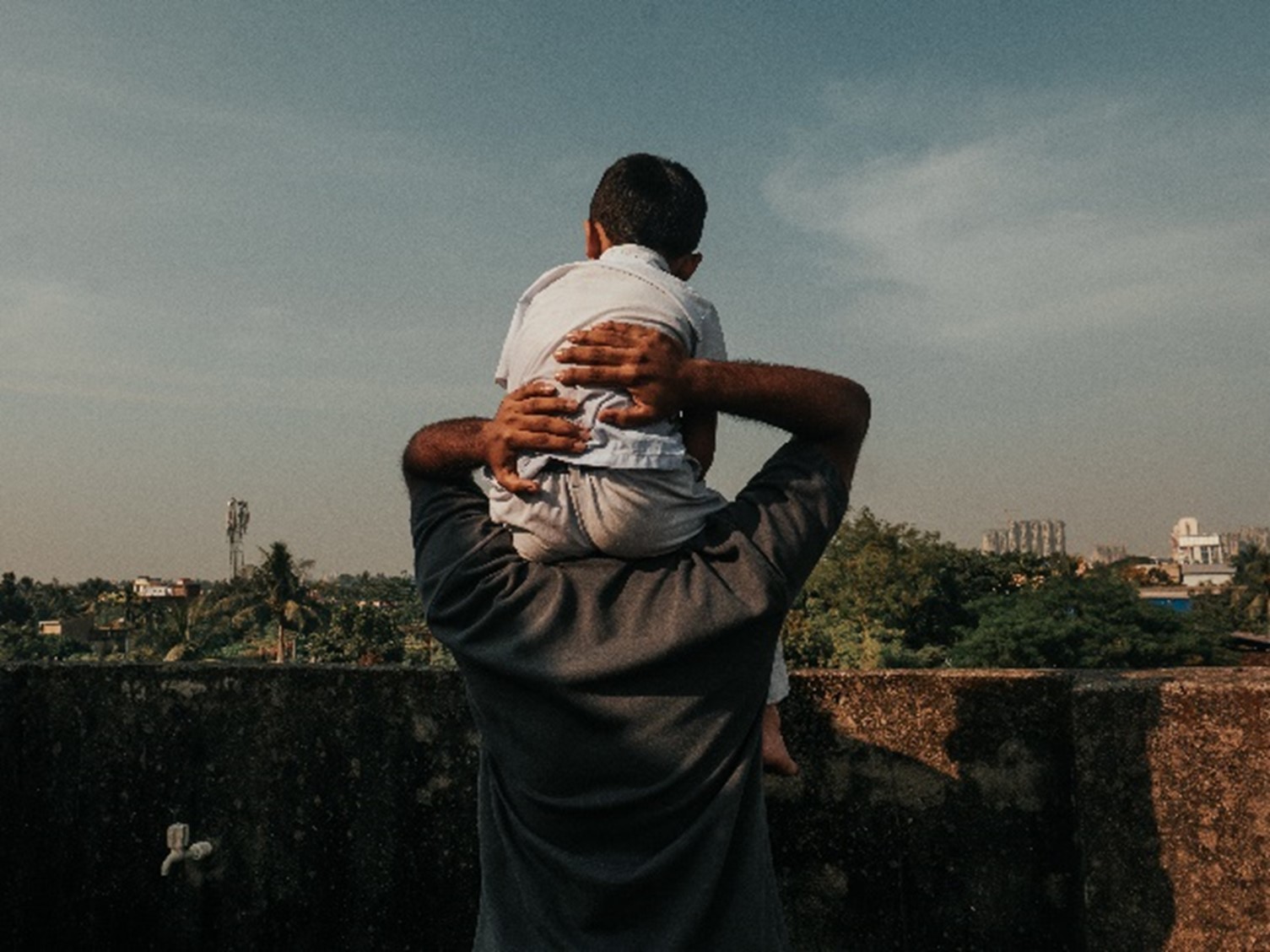
Overlooking the landscape of Kolkata together
Having gone into the trip with much to offer, it is safe to say that we have received so much more – kindness, new friendships, and the warmth of the people of Kolkata. Beyond the medical conditions we saw and learnt about, our biggest takeaway was that life is truly different outside of the bubble that is Singapore. While the persistence of the sex trade is something too systemic for us to eradicate, it will be our steadfast goal to support the women and children who have escaped it through any means we can offer.

